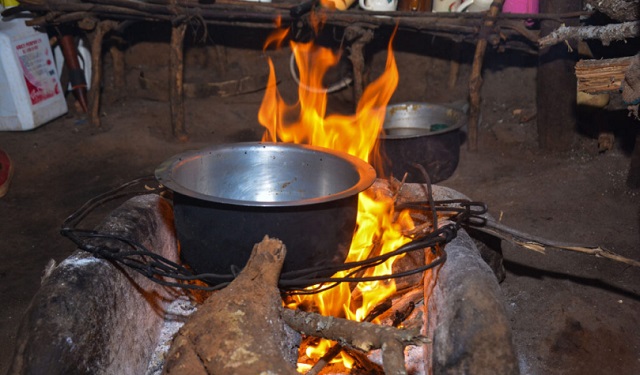
Many Ugandans Unaware of Alternative Cooking Methods Beyond Charcoal and Firewood – UNACC
Kampala, Uganda | THE INDEPENDENT | Experts from the Uganda National Alliance for Clean Cooking (UNACC) have raised concerns about the lack of awareness among Ugandans regarding alternatives to charcoal and firewood.
Sarah Babirye, Projects Manager at UNACC, stated during an exhibition in Wandegeya that they have launched awareness campaigns targeting households and institutions, such as schools and hospitals, which are some of the largest energy consumers. UNACC advocates for the use of charcoal and firewood only when paired with highly efficient stoves that minimize consumption.
Despite this, Babirye noted that the adoption rate of clean cooking technologies in Uganda remains low, with only 15% of the population using them, while over 85% continue to rely on traditional charcoal and firewood.
UNACC comprises about 100 members promoting clean cooking technologies, which fall into different categories. These include improved cookstoves designed to reduce charcoal and firewood usage, and alternative technologies such as LPG gas, electric pressure cookers, volcanic rocks, and even ethereal cooking methods.
Research indicates that while 70% of urban residents have access to electricity, only a small fraction uses it for cooking due to limited awareness of these technologies. Babirye highlighted the cost-effectiveness of improved electric pressure cookers, explaining that they consume only 1,000 shillings a day for three meals. She noted that the pressure cooking mechanism enhances efficiency by cooking food faster and conserving electricity.

At the exhibition, Bashira Nakawooya from Joint Energies and Environmental Projects showcased the Wonder Box, a fireless cooking box that completes the cooking of partially prepared meals within 30 to 45 minutes. Nakawooya explained that the Wonder Box, initially manufactured in Germany, can also be produced locally using readily available materials.
Dan Mudungu from Uganda Stove Manufacturers introduced a cookstove designed to reduce charcoal consumption by 50%. The stove, made from mica soil sourced from Bundibugyo, does not emit heat while cooking, making it both efficient and user-friendly. The efforts by UNACC and its partners aim to bridge the awareness gap, encourage the adoption of clean cooking technologies, and reduce the reliance on traditional, inefficient cooking methods.
****
URN
 The Independent Uganda: You get the Truth we Pay the Price
The Independent Uganda: You get the Truth we Pay the Price



